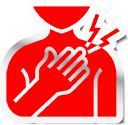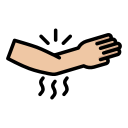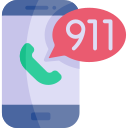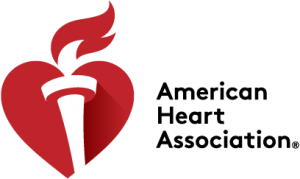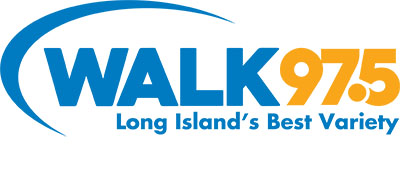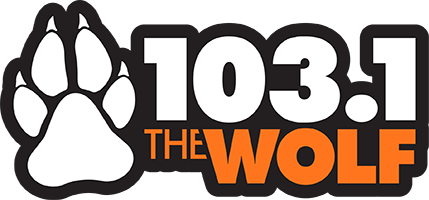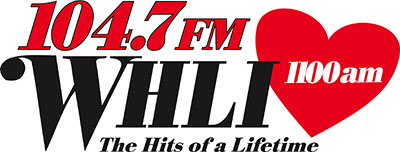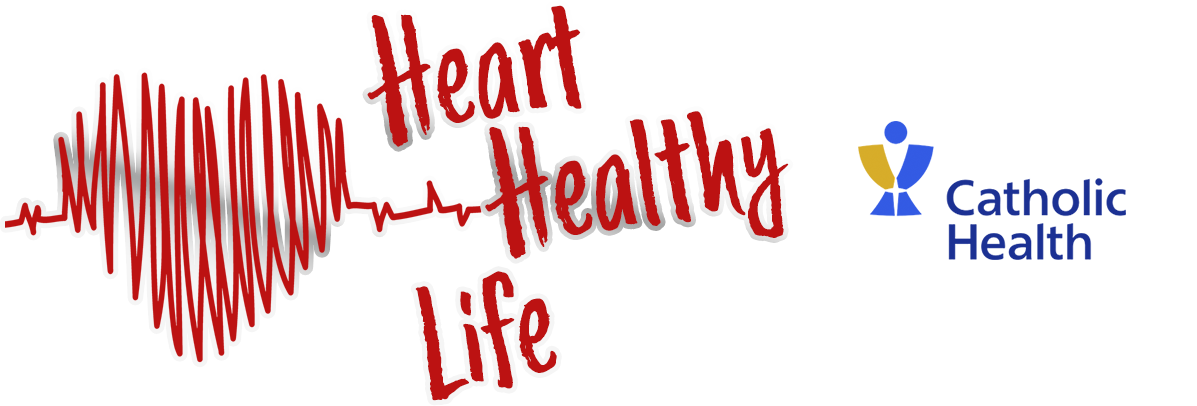
American Heart Association and Catholic Health remind you February is Heart Month! Listen all month for tips to live a heart healthy life! Use the resources below for preventative heart healthcare.

American Heart Association and Catholic Health remind you February is Heart Month! Listen all month for tips to live a heart healthy life! Use the resources below for preventative heart healthcare.
Eat Smart
Everyone can experience joy in food: all in a way that’s delicious, doable, healthy and affordable.
Finding joy in your food is the best way to stay consistent in making smart choices. Those smart eating choices can even help prevent heart disease and stroke.
Getting ready to cook heart healthy? Use Heart-Check’s digital grocery list tool when creating your shopping list to make smart, heart-healthy choices easier at the grocery store.
The digital grocery list is updated daily. It’s always ready for your next grocery run!
Find great heart happy recipes here!
Heart Attack Warning Signs
Some heart attacks are sudden and intense — the “movie heart attack,” where no one doubts what’s happening. But most heart attacks start slowly, with mild pain or discomfort. Often people affected aren’t sure what’s wrong and wait too long before getting help. The three signs above can help you identify when a heart attack may be happening.
Other signs may include breaking out in a cold sweat, nausea or lightheadedness.
Stroke Symptoms
Spot a stroke F.A.S.T.
Cardiac Arrest Symptoms
SUDDEN LOSS OF RESPONSIVENESS – No response to tapping on shoulders.
NO NORMAL BREATHING – The victim does not take a normal breath when you tilt the head up and check for at least five seconds.
Experiencing the Symptoms of a Heart Attack? Please call: 911
Life’s Simple 7 7 steps towards heart health
My Life Check was designed by the American Heart Association with the goal of improved health by educating the public on how best to live. These measures have one unique thing in common: any person can make these changes, the steps are not expensive to take and even modest improvements to your health will make a big difference. Start with one or two. This simple, seven step list has been developed to deliver on the hope we all have–to live a long, productive healthy life.
